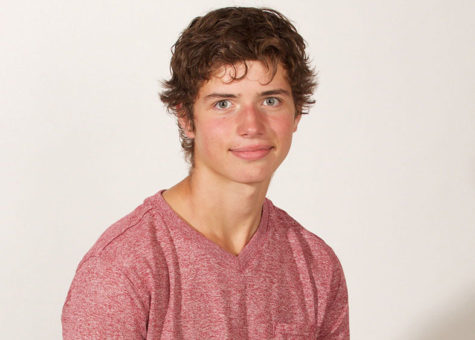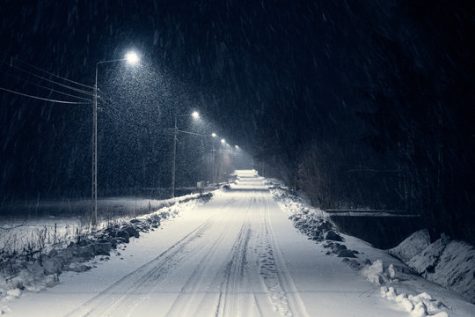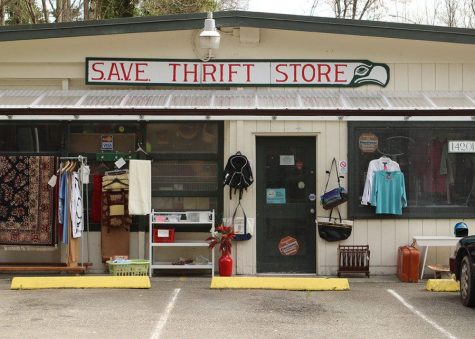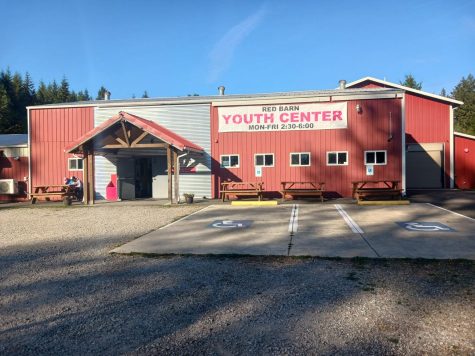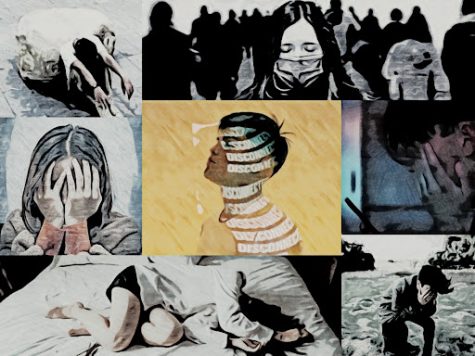“Gag” High School Instagram Accounts: Good Fun or Cyberbullying?
January 19, 2022
Feeling “schlumped”? You just may want to keep your eyes open when sitting at your desk. At schools around the country, Instagram accounts are being made about “everything”. From bad parking to those who fall asleep in class, students nationwide have come together to take pictures of these comic everyday incidents and post them on Instagram.
How it Works
Students will make an account, usually on one topic deemed funny for their school. At Peninsula High School, one of the first of these accounts to appear was “Peninsula Schlumped”. When a student falls asleep in class, the creator of the account relies on students around the school to capture photos of these tired souls and send them to the account via Direct Message (DM). If the photo makes the cut, the creator of the account will post it for all followers to see. This concept applies to practically all of these “gag” accounts, such as the infamous “PHS Stall Shoes”, which posts pictures of the shoes of students from the gap underneath stalls in the restrooms.
The Controversy
As school administrations have become increasingly aware of these accounts and the issues they present, many schools across the country have begun the crackdown. Even Instagram itself has been disabling these accounts for privacy violations. Many schools have their own policies regarding taking photos in the classroom; Washington State Law allows for this. Many school districts require either students or parents to give consent in order for a student’s picture to be taken in school. As previously mentioned, these accounts rely on peers to take candid photos of other students in certain relatable and embarrassing moments. This means that these Instagram accounts are in direct violation of many school districts’ privacy policies. Many teachers have gone as far as to say that these accounts are a form of cyberbullying, creating an unsafe environment in school. For example, there are reports of students refusing to use school restrooms due to the concern of their feet being posted to an Instagram account and being recognized. By the same standards, students may fight back against the urge to fall asleep in class due to the concern of being posted to an account in their slumber. But, would this be such a bad thing? Should teachers be appreciative of these accounts for creating more attentive and aware students? Or are they right to disagree with the creation of paranoia?
While some students agree with teachers that these accounts are immature and distracting, many feel that they are a way to lighten the mood within school culture and playfully tease their peers. Student opinion quotes: “I thought it was funny, maybe went a little too far with some of them, like the one that posts people eating. I felt like I was being watched.” “I would like for people to park better, these accounts could help. But I also see how it’s embarrassing because it’s on such a large scale.” “I love them, I was on the PHS bad parking.” “It’s anonymous enough that it’s good.”. One teacher simply said “It creates division.” Many students agreed that these accounts provide a source of light-hearted entertainment, however, they also agree on when it crosses lines. Peninsula High School has an account that posts “bad outfits” and “bad shoes”. During a conversational interview with students, they said that these accounts took it too far, and crossed a line into cyberbullying.
No matter what the intentions of these accounts are, they have created yet another form of division during complicated times. But when have high schoolers and teachers all agreed on one thing?
Regardless of opinion, if you feel a line has been crossed and you or a peer is a victim of cyberbullying, always tell a trusted adult.
*It should be noted that these Instagram profiles are not in affiliation with Peninsula High School, nor are many of the countless accounts from other schools affiliated with their respective schools.
Sources:
WASHINGTON STUDENT TECH GUIDE: RIGHTS & RESPONSIBILITIES IN THE DIGITAL AGE . American Civil Liberties Union of Washington, Nov. 2017.



